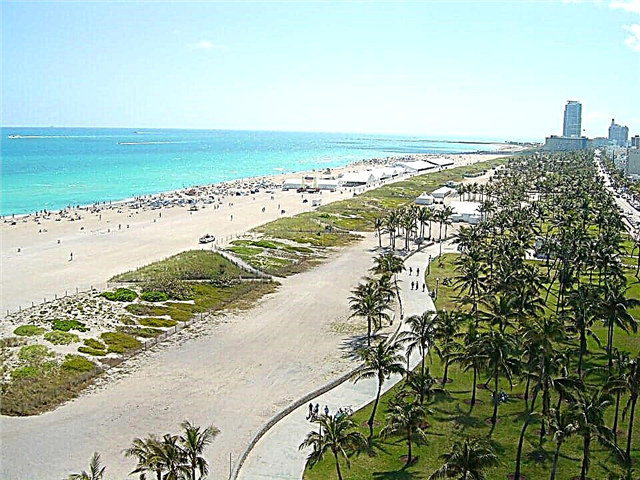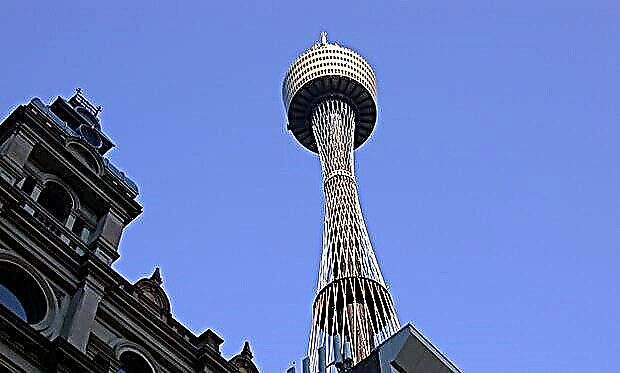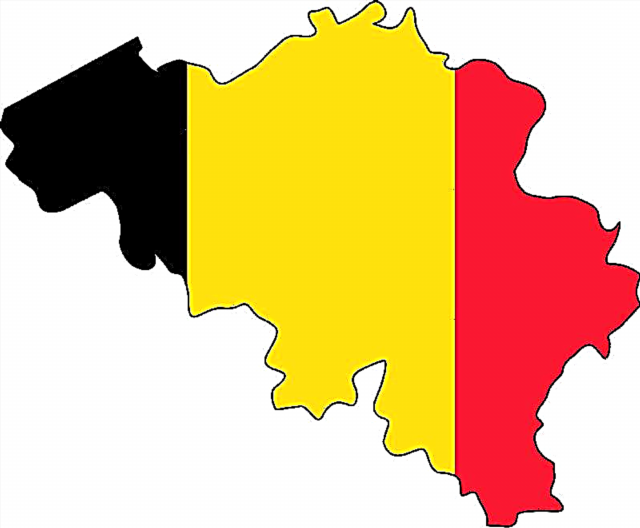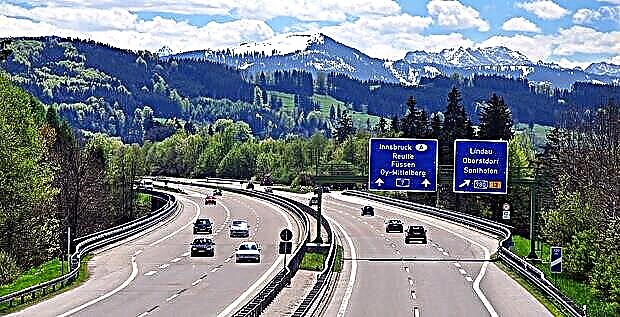Germany is an interesting country not only for tourists who want to see the whole world, but also for professionals who travel for business purposes. Renting a car in this country means getting a tool for fast movement between attractions, cities and towns, as well as protecting yourself from the consequences of strikes by transport employees and other force majeure situations.
What do you need to rent a car in Germany?
In order to rent a car in Germany, you need to have with you:
- International driving license;
- A bank card with the amount that is enough to pay the deposit (200-500 euros).
The money taken as a deposit will be returned to the card within 14-28 days (the time frame in which fines from the police may come).
AviaSales.com will help you find the cheapest flights to Germany. Plan your trip in advance to buy tickets at the best prices.
Rent terms

Most standard car rental contracts include:
- Unlimited mileage;
- Insurance against any damage and theft;
- VAT.
Also, in a significant part of the companies, additional insurance is required if the driver's age does not exceed 25 years.
For an additional fee, along with the car, you can rent a GPS navigator, a child seat or pay for insurance so that a second driver can drive the vehicle.
Where to rent a car

Car rental offices in Germany are concentrated in major airports, since it is through these transport hubs that the main flow of wealthy tourists arrives. There are also offices of companies that lease cars in large cities, outside the borders of historical centers closed to traffic, at railway and bus stations, in large hotels of 4 or 5 stars.
Rent price

It is better to book a car in advance before traveling to Germany. Car rental prices in this country change very often. Rental companies list them based on the number of vehicles left in the parking lot and the dynamics of the reservation of iron horses in a certain period of the year.
On average, with an early booking, an economy class passenger car will cost 80-110 euros, a premium car - 170-200 euros, a minibus or SUV - 180-250 euros. You can find out about the prices for car rental from various companies on special Internet resources, for example, at Rentalcars.com.
Fuel prices
As of January 2017, 1 liter of A-95-E10 gasoline in Germany costs 1.38 euros, the same amount of the usual 95th - 1.4 euros. 1000 ml of A-98 fuel - 1.55 euros, 1 liter of diesel fuel - 1.19 euros, gas - 0.56 euros. Self-service has been introduced at most gas stations and the driver must independently pay at the box office and fill the car with fuel.
Traffic features in Germany

Toll roads
There are no toll roads in Germany. A small amount of money must be paid at the entrance to the centers of some cities and for travel through two tunnels - in Rostock and Lubeck. The price of such services for cars is 1.5-3.5 euros, for minibuses - 2.5-4.5 euros.
Ecological zones
Ecological zones (Umweltzone) have been introduced in large cities in Germany. A sticker with special markings in red, yellow or green is attached to the inside of the car's windshield. On the sign that denotes the entrance to the zone there are markings, such with one of these colors. It shows which cars are allowed to enter a particular area of the city. The fine for entering a territory marked with special signs without stickers or with stickers with markings of a different color is 40 euros.

Permitted speeds
In Germany, within settlements, it is allowed to move at a speed of up to 50 km / h. Outside the borders of cities and villages, you can accelerate to no more than 100 km / h, and on the autobahns - up to 130 km / h. Also, on the tracks, you cannot slow down to less than 50 km / h. The fine for violation of the speed limit can range from 10 to 80 euros. It, as well as other penalties for minor offenses, in the event of arrest by the police, can be paid in cash or by credit card.
Transportation of children
Children under the age of 12 must be transported in a special seat, which is better to take with the car from the rental office. Babies less than 150 cm tall can only travel in the back seat of a car. The fine for violation of the rules for transporting children is 40-50 euros.

Drunk driving
Drunk driving is one of the most serious traffic violations in Germany. The minimum sanction for him is a fine of 500 euros, the maximum is imprisonment for 6 months and deprivation of rights for 5 years. The permissible blood alcohol levels for drivers between the ages of 18 and 21 are especially underestimated. Therefore, drivers, regardless of their driving experience, are advised not to consume any spirits in Germany.
Mobile phone use
The use of a mobile phone by the driver while driving is also prohibited. In order to negotiate without being distracted from the road, it is better to take a wireless headset with you. The fine for talking while driving without a headset is 40 euros.
Parking

Free of charge
There are no free parking lots in city centers in Germany. Most of the parking areas for cars are concentrated in residential areas or outside the city, and shuttle buses go from the center to them. The sign that shows where this type of public transport stops is represented by a green "H" in a yellow circle.
Also in German settlements you can see parking lots where the free parking time is limited. Such places are indicated by a plate with the letter “P”, an hour hand and a quarter-circle of the dial. To use these parking lots, you need to purchase a special indicator - Ankunftzeit at any gas station for 1-2 euros, on which you need to set the start time for the car.
Also, free parking is allowed on the roadsides, if there is no prohibitory sign near them. The latter may indicate that parking is prohibited on working days (werktags) or at certain times, for example, from 8 to 19 hours. In addition, leaving the car may be prohibited by signs that say "Einfahrt und Ausfahrt Tag und Nacht freihalten!" - "Leave travel day and night free."
Paid

Paid parking lots on the side of the road are indicated by a sign with the words “Hier Parkschein lösen”. This means that you need to pay for parking in a special machine, and leave a receipt under the windshield. To use this device, you need to have a supply of coins, since it does not give change and does not change bills.
In places where a large number of cars are concentrated - near airports, train stations, shopping centers, there are covered paid parking or multi-level garages. The signs that show the direction to them bear the inscription "Tiefgarage" or "Parkhaus".
Near the entrance to paid parking lots, there are machines where you need to get a parking ticket for free. At the end of parking, this document must be inserted into another device - Kassenautomat, on the board of which the amount for parking will be indicated. You can pay for it with coins, banknotes and a credit card. The latter method is undesirable to use to keep the bank account intact.
And if ideas for travel in Germany run out, book your tour online and go for an unforgettable experience!











